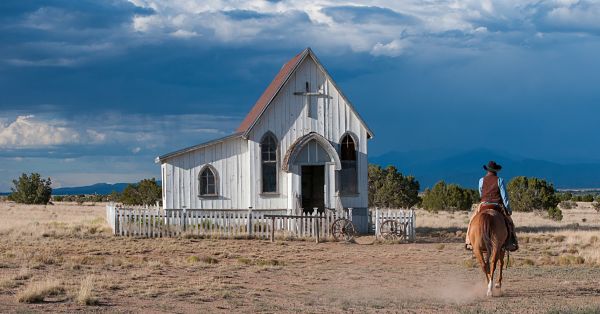 The happy human is betwixt looking up to the stars yet with feet on good earth.
The happy human is betwixt looking up to the stars yet with feet on good earth.
The miracle of human life is that we have eternity in our hearts, but are lovely animals. We deal with the eternal reality of immaterial objects (eg. number) and the changing world around us. Our souls need bodies to be fully human and our bodies need souls to live.
A danger sign is when either reality is denied.*
Some people look to the stars so long and hard that they neglect the body. Worse, they might aspire to kill the desires of the body or to pretend they do not exist. This is not just heresy, but always will lead to trouble. Humans need not act on all our desires, God forbid we do so, but we cannot deny desire. We must never forget we are animals.**
Yet just tuning up our bodies and catering to our desires risks becoming merely animals. The idea that we are merely animals, considering that idea, and deciding we are merely animals suggests we are not merely animals! We are dealing with an idea (even a wrong idea) and this is not something mere matter or machine can do. Daily we see what is and decide what it should be.
Most of us have gone too far one way or the other.*** We care too much about our bodies or too little. We live in a dream world of video which tells us that impossible things are possible or we plod along satisfied with childish desires we call “adult.” We grow an extensive professional vocabulary to deal with the “practical things,” but become vulgar in human, eternal issues. Our Human Resources manuals grow longer and more technical in direct proportion to the failure of our poetry.
Great poetry stands between eternity and earthiness.
One of the greatest poets, Dante, took reality, learned from Christianity, and refused to tear them apart. He plunged into the deepest darkness of our bad choices and pushed up past the furthest stars, past the power of language, to see Love. Yet he did so using the best science of his time, discussing the life of the city he loved, and appreciating the earthy joys of being a man. He learned to love with real romance, not the false romance of poets who hid brokenness under flowery words. He learned that the woman he loved best, Beatrice, was her own person to give to God, not his inspiration.
This did not lessen Dante’s interest in the earth, just put our tiny globe in its place. Like all Christians of his time, Dante knew the universe was vast, we were small, and there were mysteries that we could keep uncovering. Dante loved poetry, Florence, ideas, numbers, saints, sinners, and an endless list of what is. He wrote beautifully about our ugliness and could not write at all about the greatest Beauty . . . Choosing to describe it by not describing it. He frames God and then points to Him.
Dante begins thinking he loves Beatrice, learns from her that he did not really love Beatrice. He meets poets and has brilliant discussion of words. He ends seeing Beatrice in her place, her perfect place, with the greater still: the Mother of God. He has not lost earthy love, but has seen it made appropriate. He loves earth better by loving Heaven more.
He can hardly write of Mary and writes too much of Beatrice. What is to be done? The genius of Dante is to bring a mediating woman, Saint Lucy, whose name means light to help him keep both the earth and the heavens together. Just as the sun is between earth and the stars (in his cosmology), so Lucy mediates between earthy (not sinful!) desire and heavenly obedience to Love Himself (Mary!).
Lucy illuminates the way and carries Dante where he would, but cannot go. Proper light heats, but does not burn, makes vision possible without dazzling or blinding us.
Dante is healing, because one never doubts he loves living or that he will be sublimely happy in Paradise. The best news of all is that we are creatures of Middle Earth and there is a new earth coming where we will live in a city with earthy joys that are unspeakable, because we cannot yet handle all the good that is coming: treats and poetry, science and art, feasting and philosophy- world without end. Amen.
Oh.
And there is Love, God, but of that sublime joy all imagination fails: just look!
See: the Love that moves the Heavens and the furthest stars.
————————————————————
*Read Nancy Pearcey for a modern version of Dante’s (Platonic) middle way.
**Aristotle’s sense of the term.
***Lord Jesus Christ, son of God, have mercy on me a sinner.











